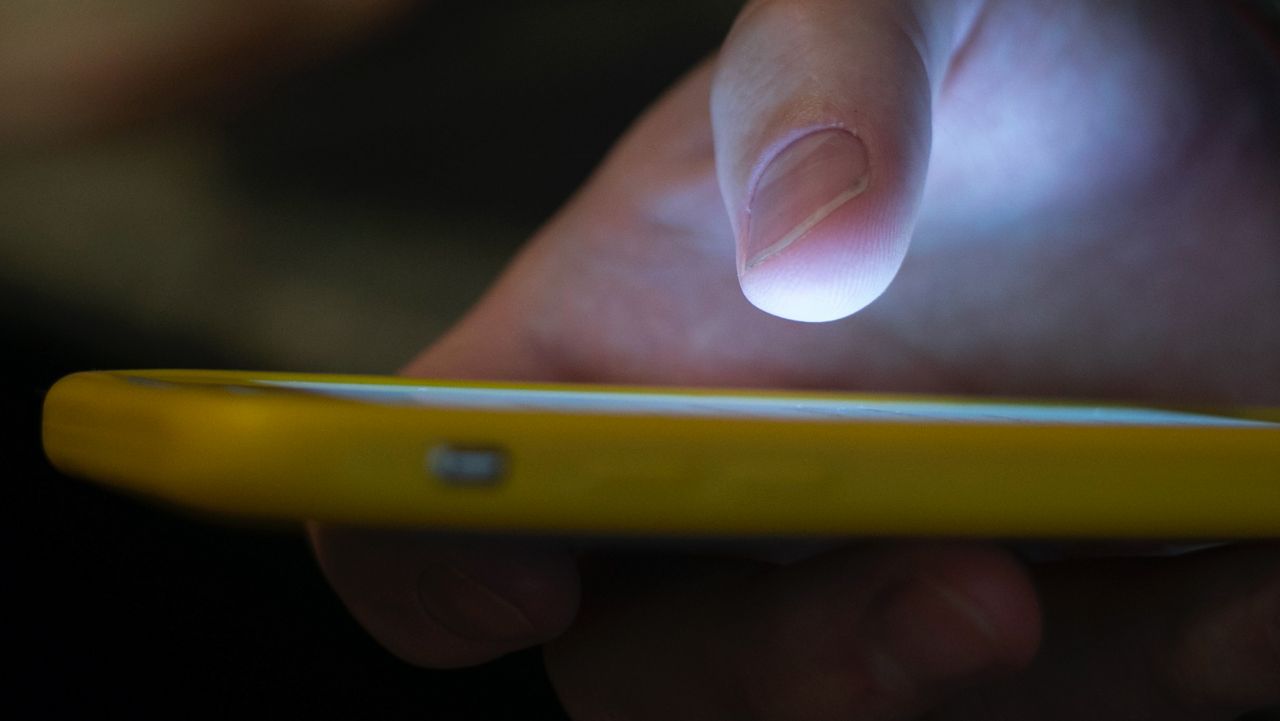COLUMBUS, Ohio — By the end of the weekend, it may be the end of the road for one of the most popular video sharing apps in the world.
With the Supreme Court upholding a law banning TikTok in the U.S. unless it cuts ties with its Chinese-based parent company ByteDance, many content creators are concerned.
Ohio-based influencer Mitchell Bienvenue said losing the app would also mean losing a big chunk of his livelihood.
Bienvenue gained more than 315,000 followers since posting his first video in 2019. During the pandemic he said he started making videos about places he and his girlfriend visited. The two started dating five years ago after connecting on TikTok.
“Check out this place, check out that place,” he said. “And it kind of started gaining traction. And that’s kind of where this all started and it kind of took off from there.”
He now collaborates with other brands to promote their businesses through his posts. He said he makes enough money through these social media partnerships it is now his full-time job.
“I'm not special,” he said. “People on social media who do this way bigger than I do, they're not special. The thing is, it's just consistency. They show up day in and day out and, they're always, you know, putting themselves out there.”
But with the government on the brink of blocking the site, Bienvenue said his economic future is jeopardy.
“TikTok itself is, it's a massive platform and there's no other platform like it with the algorithm and the reach that you have,” Bienvenue said. “So with losing TikTok, not just myself, but millions of creators will lose a source of substantial money, a source of substantial income.”
In addition, he said there are also far-reaching economic impacts not easily monetized, including those through the platform becoming a trusted source for information and reviews for businesses and products.
“If I'm looking up Airbnb stays or hotels or restaurants, like a lot of times you would go to Google and check it out, but now it's like, I'm going to go to TikTok, watch a 15 second video on it and see like a first, like a real review of, you know, whatever it may be,” Bienvenue said.
In April, President Joe Biden signed into law a Sunday deadline for TikTok to find new ownership or risk going dark and being pulled from app stores. The law is meant to address concerns about the Chinese government accessing the private information of the 170 million Americans who use the app.
“There is some data privacy concerns with this app being on so many user phones,” said Andrew Geronimo, Case Western Reserve University law professor on “Capital This Week” Wednesday.
But Geronimo said the law raises concerns about First Amendment rights and sets a precedent.
“I'm not sure there's ever been a law in this nation's history that bans this many willing American speakers from a speech platform,” he said.
Bienvenue said stopping TikTok will not stop his creativity but will change where he shares his projects.
“It might be a little bump in the road, but, you know, it's not the end of the road,” he said.











